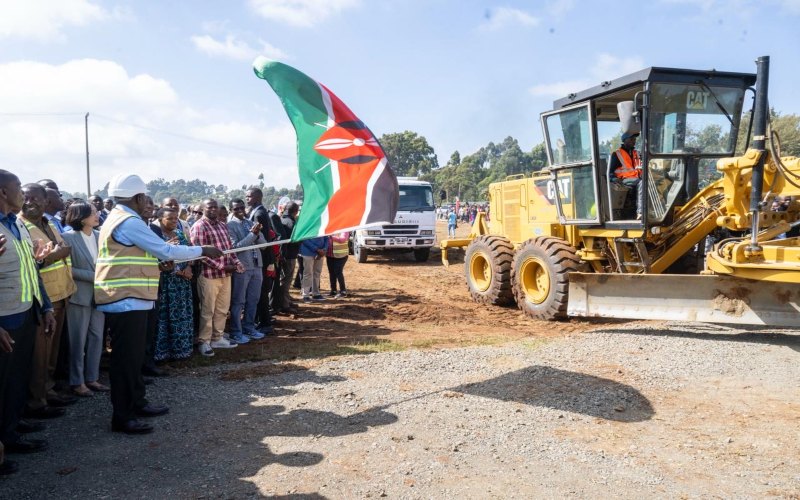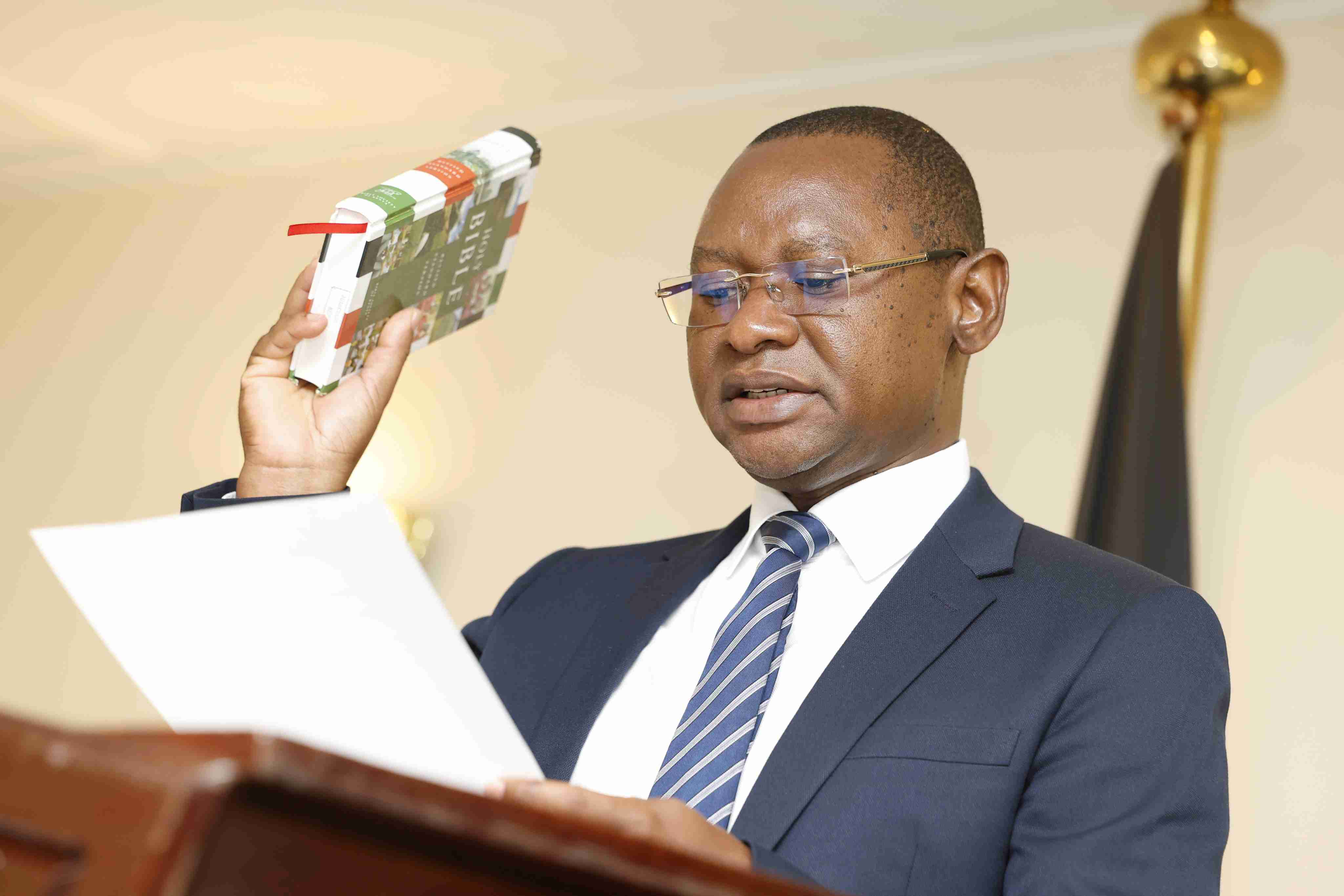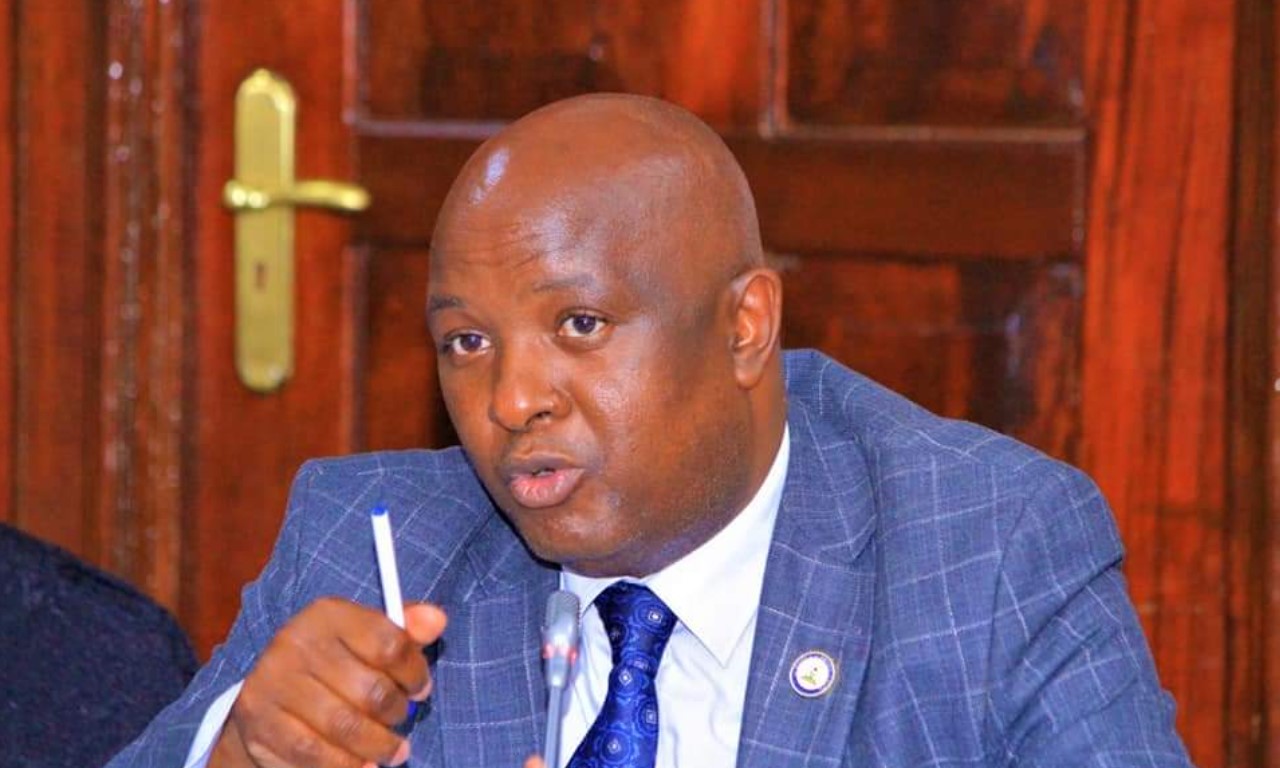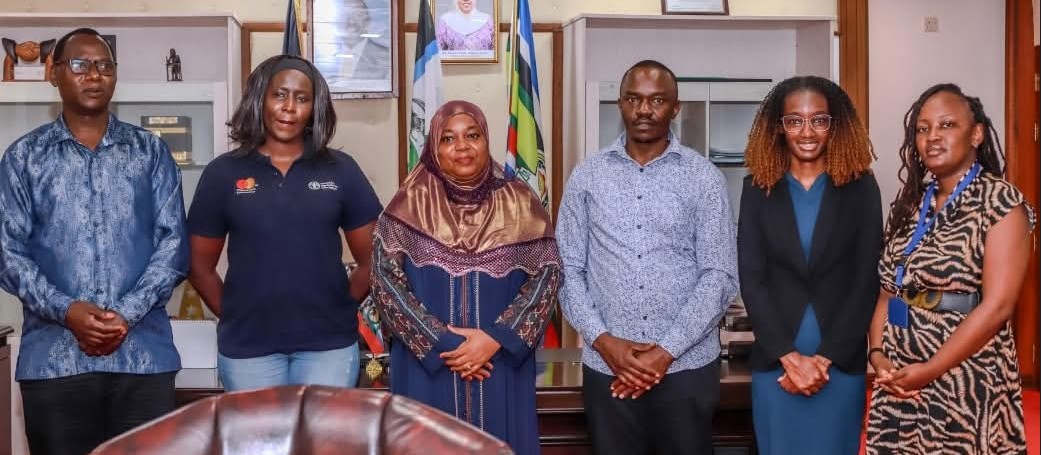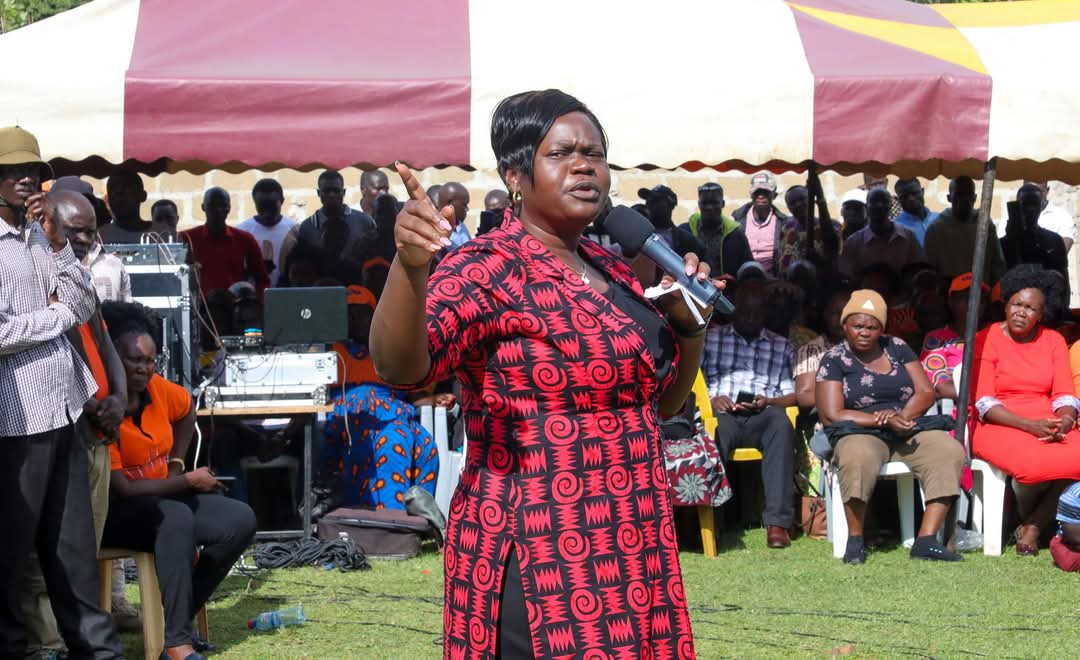IG nominee Kanja pledges to introduce body cams to curb traffic corruption
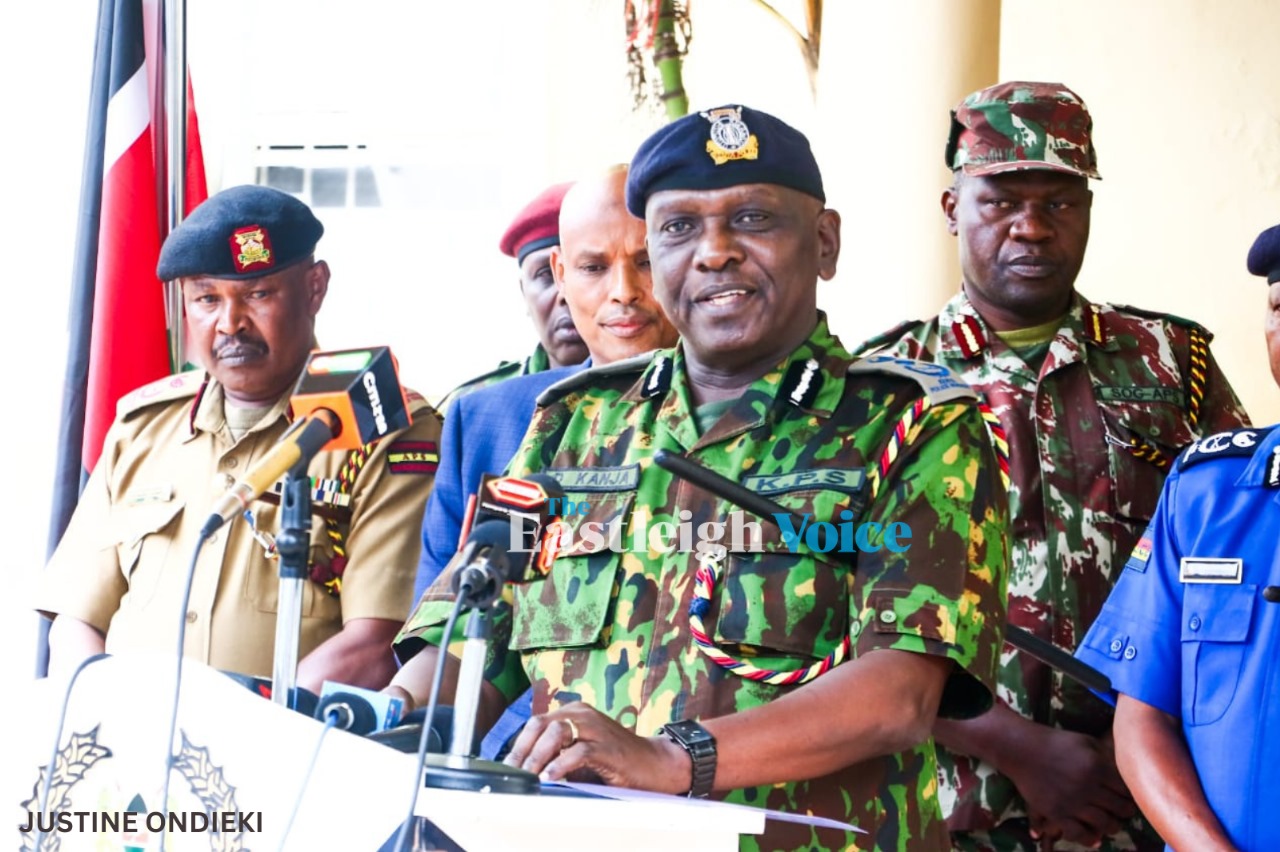
Kanja also announced that all officers will be required to wear necessary uniforms before deployment adding that non-compliance will attract sanctions.
Police Inspector General (IG) nominee Douglas Kanja has pledged to introduce body cams in police service to help fight corruption, especially in the Traffic Department, if approved and appointed.
Kanja spoke on Thursday afternoon while being vetted by both houses of parliament. He emphasised that officers will be forced to display name tags and service numbers, particularly during demonstrations.
More To Read
- IG Douglas Kanja urges court not to issue orders over political activity claims
- Court declines to issue arrest warrants in Mwenda Mbijiwe disappearance case
- IG Douglas Kanja assures Kenyans of heightened security ahead of festive season
- IG Douglas Kanja faces grim reality of Kwa Binzaro exhumations
- Five Kenyans sue IG Douglas Kanja, top security chiefs over protest violence inaction
- DPP Renson Ingonga denies executive influence in activists’ terror charges
“On matters of corruption on the roads, we have reverted our traffic department to the commandant traffic and there are structures in place including technology like body cameras. We have also been training and educating police officers why corruption is a serious disease in the country,” he said.
“If approved and appointed the IG, I’m going to work with all the stakeholders and I will also deploy technology including road cameras to alert when vehicles are overspeed so that they can intercepted.”
Kanja also announced that all officers will be required to wear necessary uniforms before deployment adding that non-compliance will attract sanctions.
“Mine is to ensure that whenever we are going for any type of deployment, people wear the necessary uniforms. We will reign in those who are not putting on the correct attires. It is an area that I am going to address. We know the regulations and how they should conduct themselves. Once approved, I will deal with it,” he said.
His assurance comes a day after the High Court barred the Inspector General of Police from deploying police officers in civilian clothing or having unmarked vehicles without number plates in the streets during protests.
Justice Bahati Mwamuye ordered that those in uniform should have identifiable nametags and or service number badges for easy identification.
He also ruled that if plain clothes officers are deployed, they should not hide their faces and that no police officer should use an unmarked car or one without number plates while either quelling or protecting protesters.
On his part, Kanja noted that Kenyans have a right to demonstrate according to the Constitution and no officer should use excessive force.
“Article 37 of the Constitution of Kenya has indeed given the people of Kenya the right to picket, demonstrate and hand over petitions to public offices or officers. However, where once rights end, other rights begin. So, no country can allow extra-judicial killings. Police officers are trained to defend the people and manage demonstrations. Extrajudicial killing is illegal, and excessive force by the police must be punished,” he said.
He promised that if approved to lead the office, he would launch a quick probe into police conduct during the countrywide protests.
“If approved and appointed as the IG, I through the internal affairs unit will be able to order investigations to look into those allegations of the violations of the rights of the people,” he said.
He also promised to keep Parliament premises from being stormed by demonstrators during the anti-finance bill protests, which resulted in anti-government protests.
“I will do whatever it takes to ensure Parliament is safe and secure. I must appreciate police officers for operating under difficult circumstances during the anti-government demonstrations,” he said.
Top Stories Today

